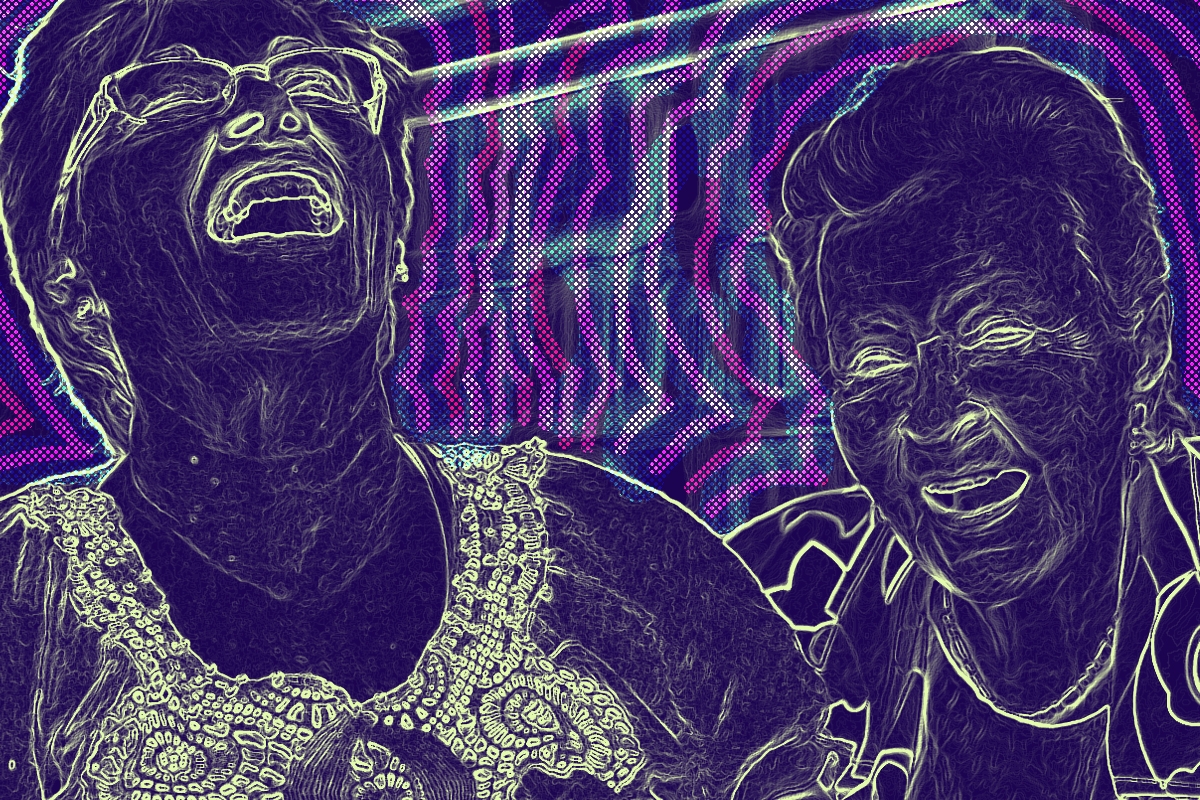Over the years, I’ve read dozens of books about aging. In my early 70s, it’s personal, of course, but not exclusively so. For more than 30 years, my work as a clinical social worker and a gerontologist has focused on the lives and well-being of older adults and their families and caregivers. Here are some of my favorite books on Judaism and aging written by Jewish writers, with many of them drawing profound lessons from Jewish texts and traditions.
“Getting Good at Getting Older”
By Richard Siegel and Rabbi Laura Geller
This whimsically illustrated book is a gem from the pioneering Laura Geller, a longtime spiritual leader of a large Los Angeles-area Reform congregation, and Richard Siegel, her husband and also a beloved Jewish educator and author before he died in 2018 at age 70. “Getting Good at Getting Older” brings Jewish wisdom — ancient and contemporary — to the question of how “to cultivate wisdom in the second half of life.” Helpfully, it’s divided into six parts, including Getting Good at Gaining Wisdom, Getting Good at Getting Along, and Getting Good at Giving Back. It doesn’t shy away from death, but as Geller writes in her introduction, “this is a book about life, meant to empower, delight and challenge and whet our appetite for whatever comes next.”
“From Age-ing to Sage-ing: A Revolutionary Approach to Growing Older.”
By Rabbi Zalman Schachter-Shalomi and Ronald S. Miller
Reb Zalman, as Rabbi Schachter-Shalomi was called, is widely known as a father of the Jewish Renewal movement, which aims to imbue contemporary Judaism with ancient, but still-relevant Jewish customs. This book looks at the opportunity for self-renewal beyond middle-age, and beyond the pinnacle of our professional career. The rabbi offers up an alternative aging narrative, one not focused on frailty, futility and fear, but that helps readers develop — and embrace — their inner sage. “Using tools for inner growth, such as meditation, journal writing and life review, elders come to terms with their mortality, harvest the wisdom of their years, and transmit a legacy to future generations,” according to the book.
With your help, My Jewish Learning can provide endless opportunities for learning, connection and discovery.
“What Will They Say About You When You’re Gone?: Creating a Life of Legacy”
By Rabbi Daniel Cohen
As a rabbi at an Orthodox congregation, Cohen has sat at the bedside of many dying people. He has borne witness to last words and last wishes, and officiated at countless funerals — offering eulogies about the deceased’s life and legacy. “What Will They Say About You When You’re Gone” — with its integrated workbook — draws on that experience and helps readers create a roadmap to “organize and orient” their life around what they want most in the present and what will matter most in the end. It even describes how to channel the Jewish prophet Elijah through fostering sacred connections with those we encounter by choice or by chance.
“Getting Over Getting Older: An Intimate Journey”
By Letty Cottin Pogrebin
While the author is now past 80, the book was written more than two decades ago and centers on Cottin Pogrebin’s reactions to her aging self. Those reactions ranged “from astonishment to anger, from confusion to curiosity, from denial to disgust.” But this book from a beacon of Jewish feminism is uplifting and, often, funny — shedding light on the realities (and pervasive societal myths) about what it’s really like to hit 50, 60 and beyond. She takes seriously her fears, and our own, about aging bodies and minds, and explains that living beyond middle age means “learning to live with decay and growth, impermanence and immutability, losing and letting go,” It is precisely this mindfulness, she says, that can “sanctify time,” and help us make meaning of the moments that lay before us.
“Wise Aging: Living With Joy, Resilience & Spirit”
By Rabbi Rachel Cowan and Dr. Linda Thal
Cowan, a rabbi, and Thal, a pioneering Jewish educator, created Wise Aging in-person groups to provide a largely Jewish framework for reflecting on late life, and what is gained and lost during this stage of being. Their book looks at the importance of developing a spiritual practice as we age, and offers up a range of readings, meditations, and journaling exercises, both Jewish and secular. The authors draw on wisdom about aging from ancient Jewish texts, and from more contemporary sages, such as the rabbis Zalman Schachter-Shalomi and Arthur Green. (Cowan, who helped build the Institute for Jewish Spirituality, died in 2018.)
“Jewish Wisdom for Growing Older: Finding Your Grit and Grace Beyond Midlife”
By Rabbi Dayle Friedman
The intersection of Judaism and growing older has been a theme of Rabbi Dayle Friedman’s spiritual work. Friedman, a Reconstructionist rabbi, has written extensively on the topic. In this book, she takes on prevailing, but destructive, ideas about aging, looks at the possibilities that the years beyond midlife may afford us, and — as the title suggests — offers Jewish wisdom along the way. Because, as Friedman writes, “Jewish tradition has for millennia approached growing older with a healthy combination of reverence and realism.” Each chapter ends with a blessing, such as this one: “May you find the courage to see your end while you are still in the midst of your life. May this awareness imbue your days with vividness and wholeness.”

